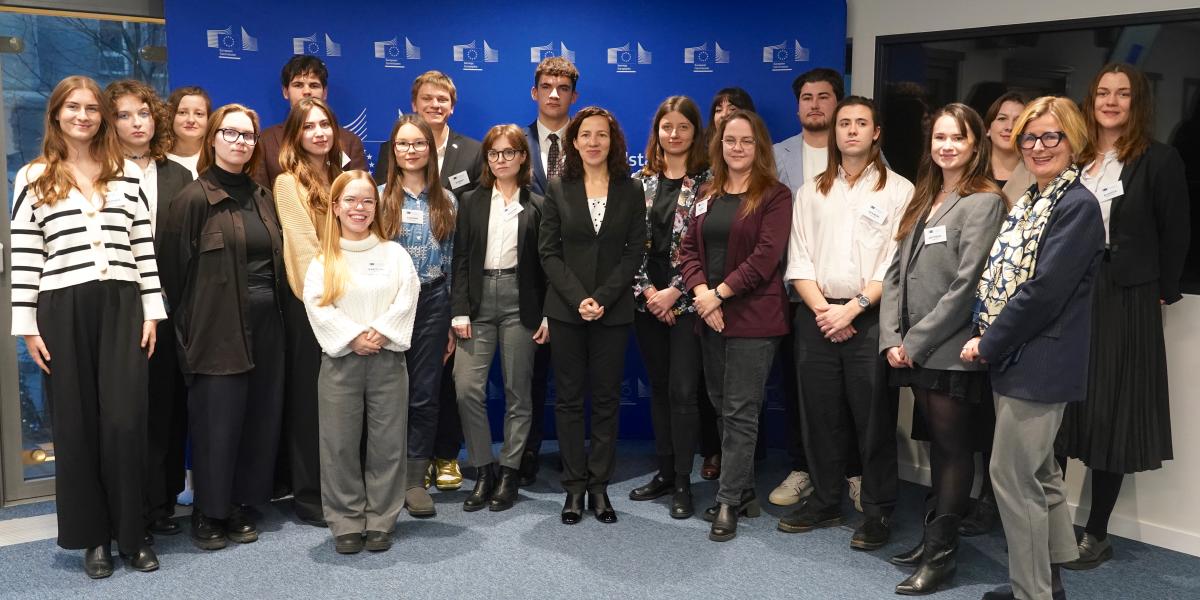Última actualización Jueves, 23/01/2025
On 20 January 2025, the Executive Vice-President for Social Rights and Skills, Quality Jobs and Preparedness, Roxanna Mînzatu, held a Youth Policy Dialogue in Warsaw. Under the title “#True #Fake – Unmasking the Truth in a Digital World”, the event focused on building resilience to disinformation online by promoting digital and media literacy through education.
The Youth Policy Dialogue brought together 18 young people from diverse backgrounds – youth workers, social activists, young professionals in NGOs, Erasmus+ and European Solidarity Corps beneficiaries, members of Youth Parliament, high-school and HEI students, coming from different parts of Poland, including villages and rural areas.
Main points raised by the youth included:
- Digital literacy and fighting disinformation should be addressed in a comprehensive manner, thus formal and non-formal learning and grass-root activities need to join forces. Peer-to-peer exchanges can help in strengthening resilience among young people.
- Building resilience to disinformation requires a combination of soft skills but also building and verifying knowledge.
- Reaching wide and especially vulnerable groups is essential. People of all ages in remote and rural areas are often a subject of increased disinformation, polarisation and anti-EU sentiments.
- The online space offers persisting challenges, which can also affect young people’s mental health negatively. It is important to learn also how to ensure a good balance between spending time on- and offline.
- Artificial Intelligence was seen as an accelerator and enhancer of disinformation practices making the identification of truthful information even more difficult. Beyond that, young people are also concerned that AI access and literacy can deepen existing gaps and also the overall impact of AI on the labour market.
- There is a general need to raise greater awareness of the issue of disinformation and digital literacy – promote further outreach of useful resources, but also find better ways to communicate with young people.
During the discussion EVP Mînzatu underlined the fact that digital literacy should be seen as a basic skill next to reading and writing, as envisaged in the upcoming Union of Skills. She also referred to the need to promote a systemic approach to digital literacy provision, going beyond the funding of separate projects.
